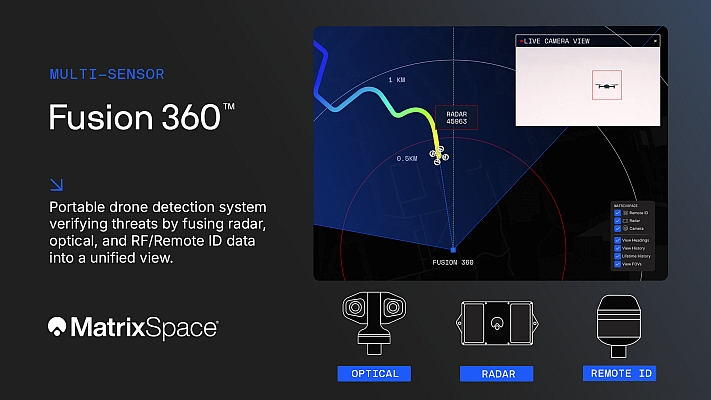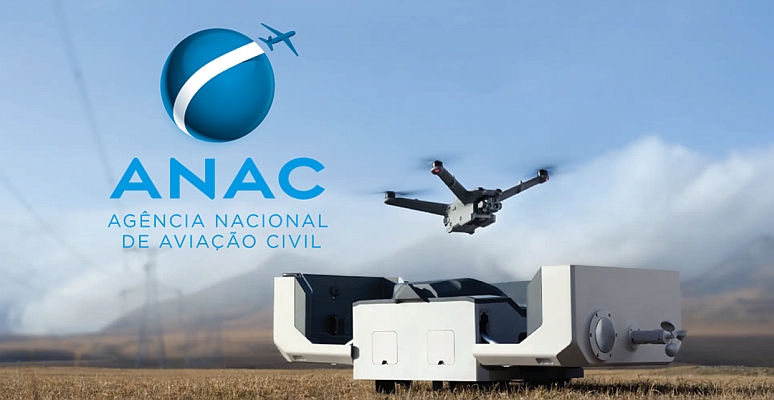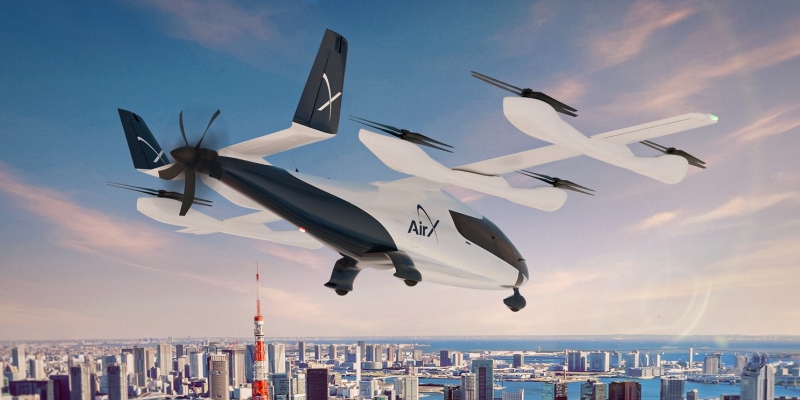Remote-sensing satellite for DigitalGlobe prepares for thermal vacuum testing
Ball Aerospace & Technologies Corp. has completed integration of WorldView-3, the next generation commercial remote-sensing satellite being built for DigitalGlobe, provider of high-resolution earth imagery solutions. WorldView-3, the fourth remote-sensing satellite built for DigitalGlobe by Ball, is scheduled to launch from California’s Vandenberg Air Force Base in summer 2014.
With the imagery sensor and associated electronics now integrated, the completed satellite bus is ready for system-level performance testing, followed by thermal vacuum and environmental testing.
 “Ball’s third commercial platform in the WorldView series will equip DigitalGlobe with advanced technologies to enhance its high-resolution imagery constellation,” said Cary Ludtke, vice president and general manager for Ball’s Operational Space business unit. “Ball and DigitalGlobe have proven to be a strong team for providing government and commercial customers with some of the highest quality and resolution satellite imagery available.”
“Ball’s third commercial platform in the WorldView series will equip DigitalGlobe with advanced technologies to enhance its high-resolution imagery constellation,” said Cary Ludtke, vice president and general manager for Ball’s Operational Space business unit. “Ball and DigitalGlobe have proven to be a strong team for providing government and commercial customers with some of the highest quality and resolution satellite imagery available.”
WorldView-3 is the first multi-payload, super-spectral, high-resolution commercial satellite for earth observations and advanced geospatial solutions. Operating at an expected altitude of 617 km, WorldView-3 collects 31 cm panchromatic resolution, 1.24 m multispectral resolution, 3.7 m short-wave infrared (SWIR) resolution, and 30 m CAVIS resolution.
In addition to the satellite bus, Ball Aerospace is providing an atmospheric instrument called CAVIS, which stands for Cloud, Aerosol, Water Vapor, Ice, Snow. CAVIS will monitor the atmosphere and provide correction data to improve WorldView-3’s imagery when it images earth objects through haze, soot, dust or other obscurants. CAVIS has also been integrated with the spacecraft.
“With each successive payload developed in partnership with Ball, DigitalGlobe has expanded the range of questions about the surface of the earth that can be answered with high-resolution satellite imaging,” said Dr. Walter Scott, executive vice president, chief technical officer and founder of DigitalGlobe. “DigitalGlobe prides itself on owning and operating one of the most agile and sophisticated constellations of high-resolution commercial earth imaging satellites in the world, currently capable of collecting over 1 billion km2 of the highest quality imagery per year. WorldView-3 follows in this pioneering tradition with innovations like CAVIS that continue to enable DigitalGlobe to lead the industry and help our customers see things never before possible.”
WorldView-3 builds upon WorldView-2 and WorldView-1 technology by carrying forward the satellites’ advanced Control Moment Gyroscopes (CMGs). The CMGs reorient a satellite over a desired collection area in 4-5 seconds, compared to 30-45 seconds needed for traditional reaction wheels.
WorldView-3 employs the Ball Configurable Platform BCP 5000 spacecraft, designed to handle the next-generation optical and synthetic aperture radar remote sensing payloads and is currently meeting or exceeding all performance specifications on the WorldView-2 satellite. The high-performance BCP 5000 has a design life of more than seven years, and provides a platform with increased power, resolution, agility, target selection, flexibility, transmission capability and data storage. Ball provided the BCP 5000 under a fixed-price contract.
Ball Aerospace & Technologies Corp. supports critical missions for national agencies such as the Department of Defense, NASA, NOAA and other U.S. government and commercial entities. The company develops and manufactures spacecraft, advanced instruments and sensors, components, data exploitation systems and RF solutions for strategic, tactical and scientific applications. For more information, visit www.ballaerospace.com.
Ball Corporation (NYSE: BLL) supplies innovative, sustainable packaging solutions for beverage, food and household products customers, as well as aerospace and other technologies and services primarily for the U.S. government. Ball Corporation and its subsidiaries employ 15,000 people worldwide and reported 2012 sales of more than $8.7 billion.






